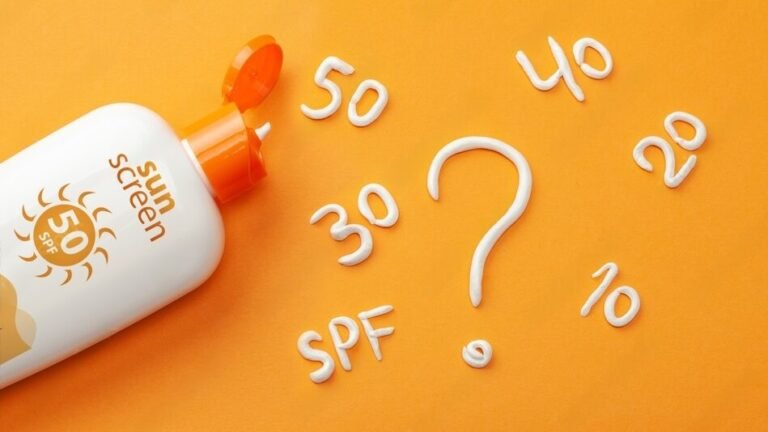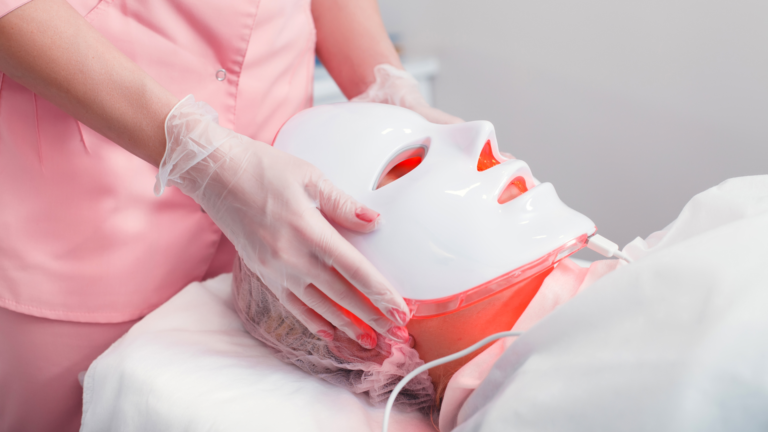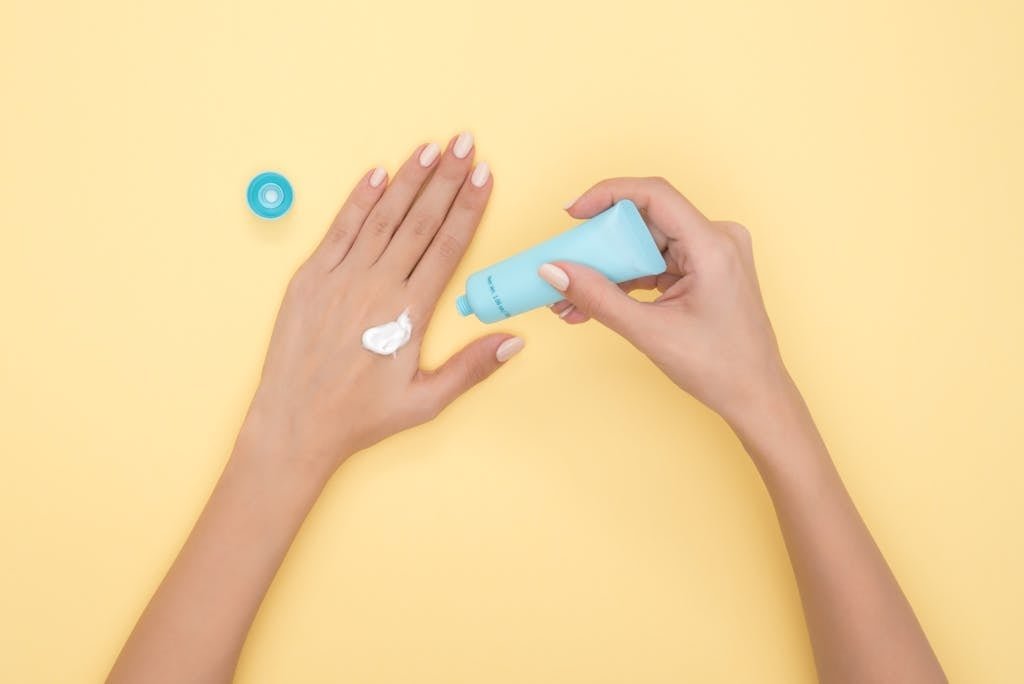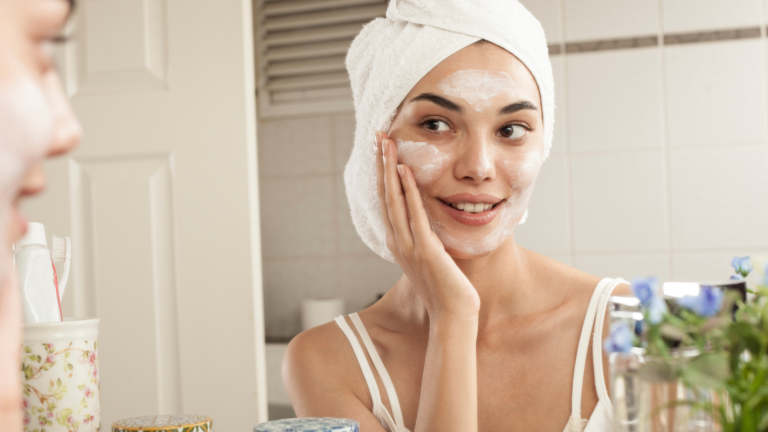The Truth About the Benzene Sunscreen Scandal
This post may contain affiliate links. That means that if you click on a link and purchase something I recommend, I will receive a small commission at no extra cost to you. As an Amazon Associate, I earn from qualifying purchases. This helps keep my website up and running and is very appreciated. Thank you for your support! Disclaimer
In Today’s article , I’m gonna talk about diving another skincare controversy: the Valasher diarrhea blowout. If you’re not deeply immersed in the world of skincare, chances are you haven’t heard about this. But don’t worry, I’m here to fill you in.
This issue first came to light about two years ago, but it’s been making online waves again recently. I’ve noticed a lot of confusion surrounding it, especially from those who weren’t as into skincare back when it initially happened. So, let’s break it down.
If you don’t have time to read this post right now, why not save it for later?
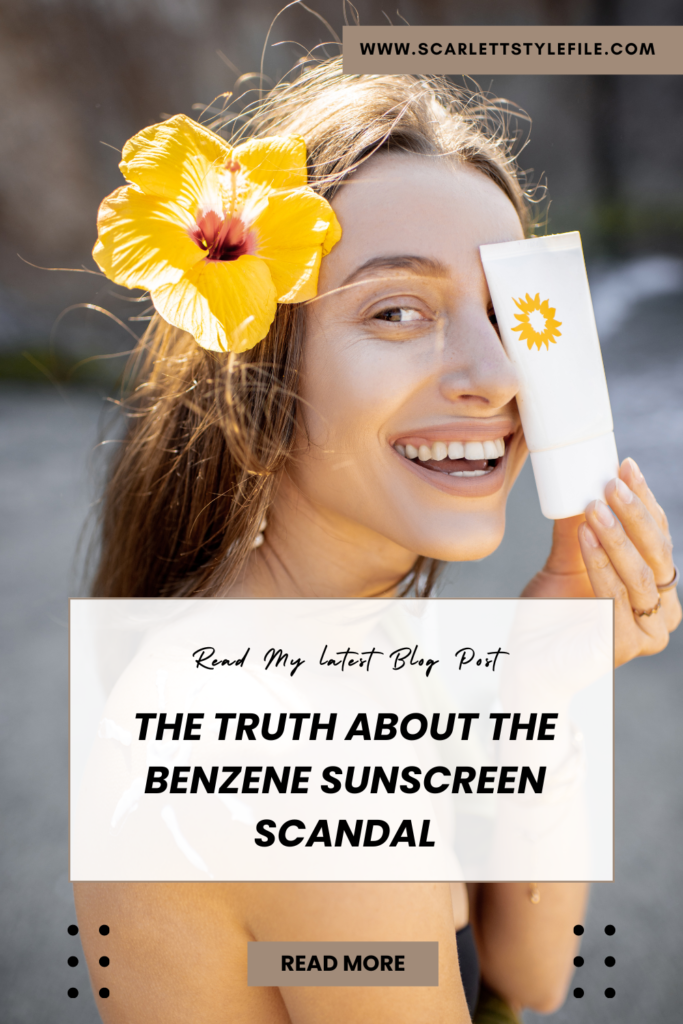
The Truth About the Benzene Sunscreen Scandal
what’s the drama about Benzene Sunscreen ?

So, for those who missed it, Valisher is an independent lab who went on a bit of a detective spree back in March 2021, they sniffed out some hand sanitizers that were swimming in benzene. So they decided to do the good deed and check out sunscreens and after-sun goodies. They tested and prodded 294 batches from 69 different brands. Turns out, 98 of those sunscreens were were contaminated with benzene, making nearly a quarter of them , way more than what the FDA says is “safe” (but let’s be real, there’s no safe zone when it comes to benzene).
Related : Valisure Detects Benzene in Sunscreen
So What Valisher did was asking for a recall on these sunscreens and requesting that the FDA sets better limits in the regulatory process that is in place.
Before you go into panic mode, seriously, before you start thinking, “oh my God, let’s sue someone” or “oh my God, I’m doomed” or “oh my God, I’m going to catch this or that disease,” let’s just take a moment to breathe, okay?
Let me paint you a picture of where I’m at right now as I’m typing away. I live in the middle of Los Angeles . I’d wager there are at least a hundred thousand of you living in the heart of some other bustling city. And if you’re in an urban area, chances are you’re regularly encountering high levels of benzene, whether it’s from car fumes, pollution, or just the daily grind.
Is it okay? Absolutely not. But living in a city is a choice I’ve made, consciously. And if you’re in an industrial zone, I’d bet my life on it that you’re breathing in more benzene than you should be, day in and day out.
That’s why I want to set the tone of this article from the get-go because it’s crucial to keep things in perspective. We can’t afford to magnify a single piece of information and spiral into panic mode. Let’s face it, life can be intimidating as it is. So, I want to assure you and lay the groundwork for this article because I don’t want fear to take over. There’s already too much fear-mongering out there, and if there’s one thing I advocate for, it’s a life free from unnecessary fear and grounded in informed decision-making
what’s benzene?

Benzene is a yellow liquid that’s often found in the air from sources like gas, burning coal, and oil. In places like Los Angeles, it’s been measured between 0.1 and 0.5 parts per billion. So, when you’re at the gas station or even just walking around, you’re breathing in benzene. It’s not just in the air, though; it’s also in some foods we eat, like soft cheeses, dairy, and cranberry juice, usually in small amounts. A while back, the FDA found benzene in soft drinks and had to step in to regulate it. This might be what happens with the sunscreen and skincare industry too, because it’s not just a sunscreen problem—it’s bigger than that.
On top of all that, Benzene isn’t picky about where it shows up. You can find it in cigarette smoke, paint strippers, plastics, and all sorts of other things. So, it’s not just a sunscreen problem we’re talking about here. This stuff is everywhere.
should I be worried about the benzene Health Impact?

I totally get the concern about benzene—it’s definitely not something I want to be exposed to either, especially since it’s known to cause cancer. Organizations like the WHO, CDC, and health departments have all confirmed its link to blood cancers like leukemia, particularly at high doses.
But here’s the thing that somewhat eases my mind: how benzene enters your body affects how much of it actually gets in. Breathing it in is probably the riskiest route. Swallowing it, getting it in your eyes, or absorbing it through your skin all have different absorption rates, with skin absorption typically being the lowest. Still, we’re not entirely sure how much gets absorbed or what the long-term effects might be. That’s why I believe more research is needed to fully understand the risks.
why is benzene NOT a sunscreen issue

As I’ve stressed before, the good news here is that this doesn’t stem from an issue with sunscreen, alright? I anticipate you might think, “But you just mentioned sunscreens.” True, but I also mentioned after sun products. The distinction lies in the fact that Valisher took the extra step of analyzing six active chemical sunscreens—avobenzone, oxybenzone, octinoxate, octisalate, homosalate, and octocrylene—to determine if they break down into benzene over time.
Their study found no such breakdown, leading them to firmly believe it’s a contamination issue. Even if it were just an ingredient problem, many of the ingredients were found in both batches, with and without benzene, supporting the contamination theory. Also, after sun care products don’t contain sunscreen ingredients, adding weight to the idea of benzene contamination.
Related : Sunscreen 101: Everything You Need To Know About SPF
When this issue came up, people were asking, “Why isn’t benzene listed as an ingredient? Is avobenzone benzene?” No, avobenzone isn’t benzene, and you won’t find benzene intentionally listed because it’s not supposed to be there. It sneaks in during manufacturing and supply processes. Valisher is urging the FDA to tighten up regulations to prevent this. And honestly, they’re right. We need more transparency and accountability in the skincare industry.
As someone thinking of launching my own skincare line with my partner, I get it. We rely on labs and suppliers to do the right thing, but it’s hard to know for sure. We aim to work with top-notch labs, even if it costs an arm and a leg, to ensure our products are safe. It’s not about anyone trying to cheat—it’s about the bigger picture of regulations, supply chains, and manufacturing standards.
How to eliminate the risk of being exposed to benzene?

Sadly you simply can’t escape it. if you reside in bustling metropolises like New York, LA, or Chicago, benzene is your next door neighbor . Unless, of course, you happen to dwell in a place like Bhutan, (which I had the chance to visit a few years back ) where the air is remarkably clean with minimal pollution.
But let’s face it, with industrial cities sprouting up and expanding like mushrooms, finding a benzene-free haven seems increasingly elusive.
Should I stop using sunscreen altogether?.

Absolutely not. Let me be crystal clear, this isn’t merely about sunscreen; it’s a broader concern within the skincare domain of the beauty industry. Should we still prioritize sunscreen? Without a doubt, a resounding yes. Let’s not mince words here. The last thing anyone wants is to battle melanoma or undergo Mohs surgery, risking facial disfigurement due to basal cell carcinoma. Trust me, these are not experiences you want on your life’s résumé.
Related : Lists of products where benzene was detected
how to determine if your Skincare products are contaminated with benzene?

When revisiting the Valisher letter to the FDA, it’s crucial to focus on three key aspects. First off, UPC codes. These are those string of digits beneath the barcode on your product. Each product sports a unique 10-digit UPC code, like a fingerprint for items on the shelf. Take, for instance, elta MD’s UV Restore. This zinc and titanium-based product boasts its own distinct UPC code, essentially serving as its DNA in the product world.
Related : 20 Best Sunscreens For All Skin Types: Dry, Oily, Sensitive, & More!
Next up, LOT numbers. Products aren’t churned out en masse forever; they’re crafted in batches, much like batches of cookies. So, peek at the lot number to confirm if it aligns with the batches scrutinized in the Valisher study.
Lastly, pay attention to the expiration date. This completes the trio of important details. Make sure all three of these—UPC code, lot number, and expiration date—match up with what the Valisher study looked at. If they don’t, then the product you have isn’t part of the study, and there’s some uncertainty about its safety.
Related : List of products where benzene was NOT detected
I don’t reckon we should lose sleep over this. It’s not like most folks, myself included, commit daily sins by skipping sunscreen from head to toe. Generally, I cover my face, neck, and chest, but not necessarily my arms, legs, or other parts, since I’m indoors most of the time and not beach-bound daily. But if you’re a beach aficionado frequenting the shores daily, it might be wise to scrutinize that list to avoid excessive exposure. If you’re hitting the beach regularly, you should consider reapplying sunscreen three to four times a day, roughly every two hours under the sun.
As for more independent studies, I’m always open to them. Science constantly evolves; just look at Marie Curie’s discovery of X-rays, initially deemed safe but later found to be hazardous. What we understand today may shift in a century. Nevertheless, our lifespan today far exceeds that of our ancestors, suggesting progress in the right direction.
The Bottom Line
To sum up, it’s not a problem with the sunscreen itself but rather with contamination. Additionally, it highlights the importance of implementing stronger regulatory measures.
I hope this article shed some light on the topic for you. Hopefully, you now have a clearer understanding and feel more at ease.
Feel free to leave any questions or feedback in the comments. I truly value my readers’ input.



